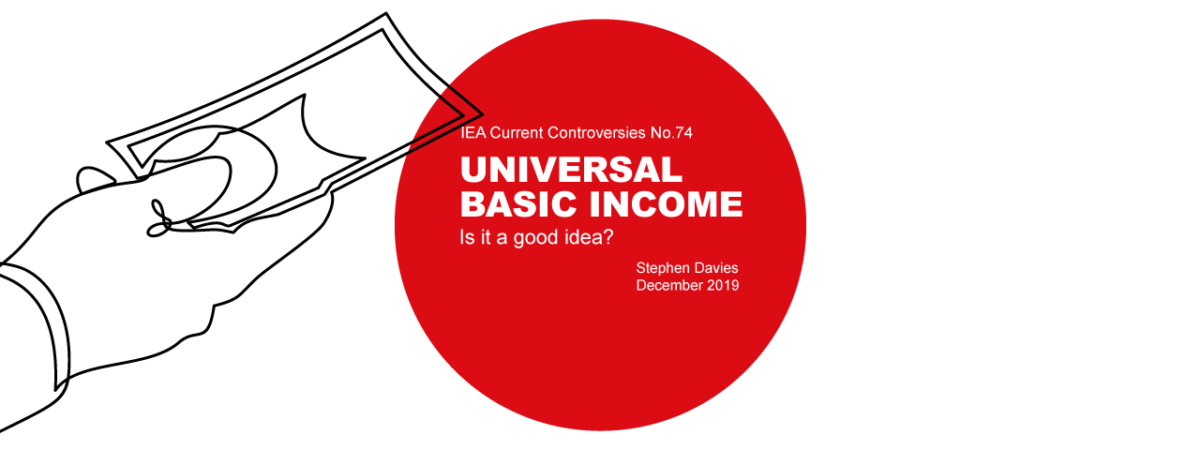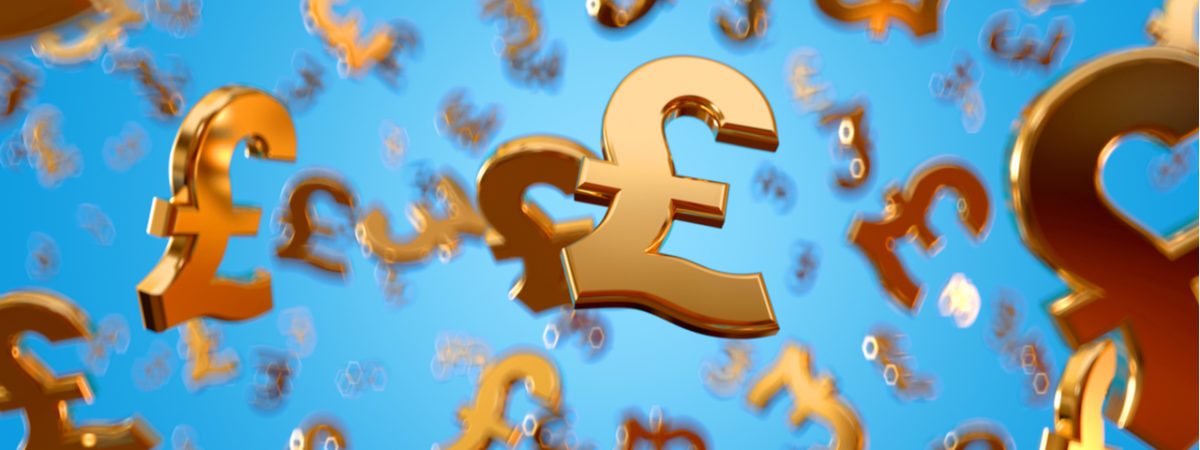Government wrong to propose “unscientific” and “discriminatory” ban on energy drinks, says report
SUGGESTED



‘Vox Pop’, written by the IEA’s Head of Lifestyle Economics Christopher Snowdon, found that the plans – proposed on the basis that high levels of sugar and caffeine could be damaging to health – unfairly target teenagers, while there was a lack of scientific evidence linking the drinks to negative behaviours.
The report cites the House of Commons Science and Technology Committee which concluded “the current scientific evidence alone is not sufficient to justify a measure as prohibitive as a statutory ban on the sale of energy drinks to children.”
The government’s proposals focus on the levels of sugar and caffeine but ‘Vox Pop’ argues a ban on energy drinks have no more sugar or caffeine than many drinks which are more commonly consumed and not being considered for a ban.
High sugar content:
- Energy drinks don’t contain the most sugar – many brands contain little or no sugar, even the most sugary contain less than Pepsi
– PROPOSED BAN – Sugar in a can of Red Bull (250ml): 28 grams; 11 grams per 100ml
– NO BAN – Sugar in a can of Pepsi (330ml): 36 grams; 11 grams per 100ml - The proposed ban includes energy drinks which contain no sugar – from an obesity prevention perspective, a stated aim of the ban, this makes no sense
High caffeine content:
- Energy drinks don’t contain the most caffeine – most single-serve coffees from high street coffee shops contain more caffeine than one can of an energy drink
– PROPOSED BAN – Caffeine in a can of Red Bull: 80 milligrams
– NO BAN – Caffeine in a Starbucks Americano (venti): 320 milligrams
– NO BAN – Caffeine in a Costa Americano (massimo): 370 milligrams - Young people get more caffeine from tea, coffee, and cola – even the heaviest adolescent consumers of energy drinks get over 80% of their caffeine from other sources
- Children aged between 10 to 17 years get just 10.5 per cent of their total caffeine intake from energy drinks. They get three times as much from cola and four times as much from tea.
While many supermarket chains took the decision to stop selling energy drinks to under 18s, largely in response to publicity-driven campaigns which used phrases like “turning our children into addicts”, the science does not exist to back this up. ‘Vox Pop’ suggests a ban could be used by such shops to constrain smaller, independent businesses who have benefitted from the voluntary ban and that such rent-seeking should be resisted.
Christopher Snowdon, author of ‘Vox Pop’ and IEA Head of Lifestyle Economics, said:
“Banning the sale of energy drinks to minors is not justified by scientific evidence and would be discriminatory and disproportionate. The vast majority of caffeine and sugar consumed by teenagers comes from other products.
“The government is not proposing a ban on the sale of drinks which have a higher caffeine or sugar content – and nor should it – so it is hard to see how a ban on one particular type of beverage can be justified.”
“Placing an age restriction on energy drinks would put them in the same category as alcohol and fireworks, products which pose a demonstrable risk to users and those around them. As the House of Commons Science and Technology Committee confirmed last year, the evidence of similar risks from energy drinks is sorely lacking.”
Notes to editors:
For media enquiries please contact Emily Carver, Media Manager: 07715 942 731.
To download ‘Vox Pop’ click here.
Related IEA research: What is junk food? and Killjoys: A critique of paternalism.
The mission of the Institute of Economic Affairs is to improve understanding of the fundamental institutions of a free society by analysing and expounding the role of markets in solving economic and social problems.
The IEA is a registered educational charity and independent of all political parties.



